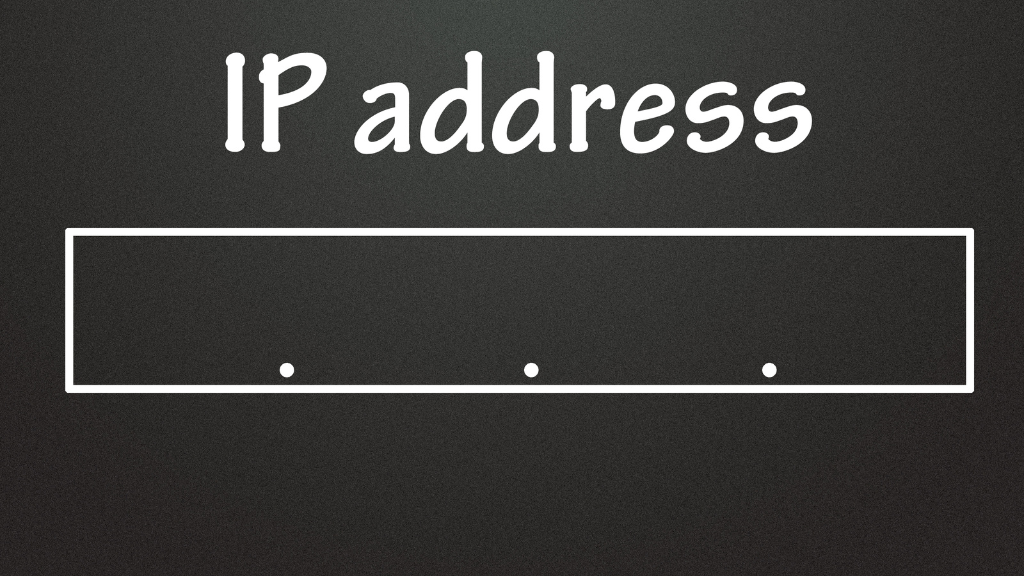Proxies have been a go-to solution for many internet users who seek anonymity or the ability to access geographically restricted content. They act as intermediaries, allowing users to surf the internet without revealing their true IP address. However, as technology evolves, the need for more secure, best, and free alternatives to proxies arises. Let’s delve into these alternatives and see how they compare.
What are Proxies?
Think of proxies as middlemen. Whenever you want to access a website, instead of connecting directly, your request first goes to this middleman. The proxy server then makes the request for you and sends back the data. Sounds pretty simple, right?
The Drawbacks of Using Proxies
Limited Anonymity
While proxies mask your IP address, they don’t always provide full encryption. This means someone snooping around might still figure out what you’re up to. Imagine wearing sunglasses at night; you’re less recognizable but not entirely hidden.

Speed Issues
Using a proxy might slow down your internet speed. It’s like taking a detour on your way home—it might be scenic, but it’s definitely not the fastest route.
Potential for Misuse
Some malicious actors use proxies to hide their identity while committing cybercrimes. Yikes!
Costly for Businesses
Maintaining a good proxy infrastructure can be a financial burden for businesses. Think of it as hiring an extra set of hands just to open the door for you every time.
Top 5 Alternatives to Proxies
Just like how we prefer different routes to avoid traffic, businesses and netizens look for alternatives to steer clear of the pitfalls of proxies. Sometimes, it’s about needing a more robust security measure or simply wanting a faster browsing experience.
Proxies, though helpful, have their limitations. They might leak your IP address or reduce your browsing speed, which isn’t ideal when you’re streaming the latest episode of your favorite show or finalizing an urgent business proposal.
While proxies are excellent tools, the digital age continuously evolves. This has led to a quest for alternatives that are more efficient, secure, and versatile.
1. Virtual Private Networks (VPNs)
VPNs are the talk of the town when it comes to online privacy. They not only mask your IP but also encrypt your internet connection.
How VPNs Work
Imagine a secure tunnel between your device and the internet. That’s how a VPN functions. It reroutes your connection through a server in a location of your choice, making it appear as if you’re browsing from there.
Advantages of VPNs over Proxies
Unlike proxies, VPNs offer end-to-end encryption. This ensures utmost privacy, making them a go-to for many businesses and individuals alike.
2. Content Delivery Networks (CDNs)
CDNs are a favorite among website owners. They enhance site performance by strategically placing content in various locations globally.
The Mechanism of CDNs
CDNs store cached versions of web content in multiple geographical locations. When a user makes a request, the nearest server responds, ensuring lightning-fast content delivery.
When to Opt for CDNs over Proxies
If you’re a business striving for a seamless user experience, CDNs might be your best bet.
3. Remote Desktop Services
Remote desktop services enable users to access a computer system from a different location.
Accessing Systems Remotely
RDS functions by transmitting the screen of the remote computer to the user. So, it’s as if you’re sitting right in front of it!
Comparing RDS with Proxies
While both provide remote access, RDS lets you control an entire system. This is beneficial for IT professionals who need to troubleshoot systems in different locations.
4. Tor Browser
When it comes to anonymity, the Tor Browser takes the cake. Initially developed for the US Navy, it’s now available for the general public.
The Technology Behind Tor
Tor routes your connection through several volunteer-operated servers, making it near-impossible for anyone to trace your online footsteps.
Benefits of Using Tor
Apart from the high-level anonymity, Tor allows access to the deep web, a portion of the internet not indexed by search engines.
Also See: Best Rotating Proxies to Use in 2023
5. Cloud Services
Cloud services have revolutionized the way we store and access data. Rather than being tied to a physical device, your data floats in the digital “cloud.”
Cloud-based Browsing
Several cloud browsers offer secure and fast browsing experiences without the need for any installations.
Weighing Cloud Services Against Proxies
Cloud services offer flexibility and scalability, which is often unmatched by traditional proxies.

Factors to Consider When Choosing an Alternative
While there are plenty of alternatives to proxies, the best one for you depends on various factors.
Speed and Reliability
In our fast-paced digital world, no one likes waiting. Ensure your chosen alternative offers speedy connections and is reliable.
Security and Anonymity
While accessing geo-restricted content is one thing, maintaining your digital privacy is another. Always opt for a solution that guarantees the highest security standards.
Cost Implications
While some alternatives might be free, others could burn a hole in your pocket. Evaluate the costs and benefits before diving in.
Conclusion
Navigating the digital realm can be like traversing a maze. While proxies have long been the torchbearers, the emergence of worthy alternatives has reshaped the landscape. Whether it’s VPNs, CDNs, or the intriguing Tor browser, the right tool can transform your online experience. As with any tool, the trick lies in knowing when and how to use it. So, arm yourself with knowledge and strength.
It’s essential to choose the right solution that aligns with your specific needs. If you’re unsure about which digital protection tools are right for you, consider seeking expertise. For top-tier advice and cybersecurity solutions, look no further than Nextdoorsec. de confidently into the digital future.
FAQs
1. What are the three types of proxies?
- HTTP (handles web traffic)
- SOCKS (handles all traffic)
- Transparent (doesn’t hide IP).
2. Do people still use proxies?
Yes, for bypassing restrictions, caching, and anonymity.
3. What are the two main types of proxies?
- Forward (gateway for users to the internet)
- Reverse (distributes client requests to servers).
4. Are proxies better than VPNs?
Depends. Proxies for specific tasks; VPNs for overall privacy and security.
5. How do VPNs differ from traditional proxies?
VPNs provide encryption, making them more secure than proxies. While proxies only mask your IP, VPNs encrypt the entire data transfer process.
6. Can Tor be combined with other alternatives?
Yes, combining Tor with VPNs, for instance, provides an added layer of security and anonymity.






0 Comments